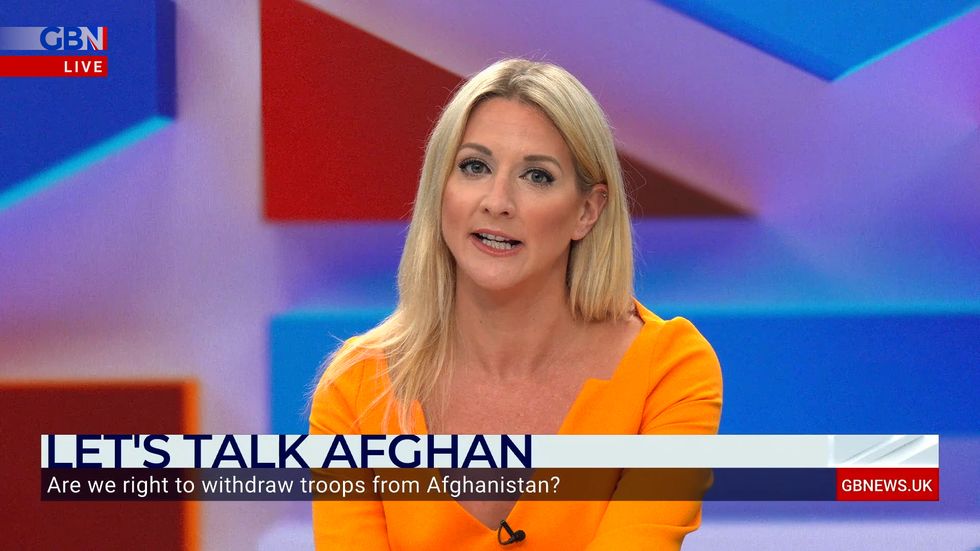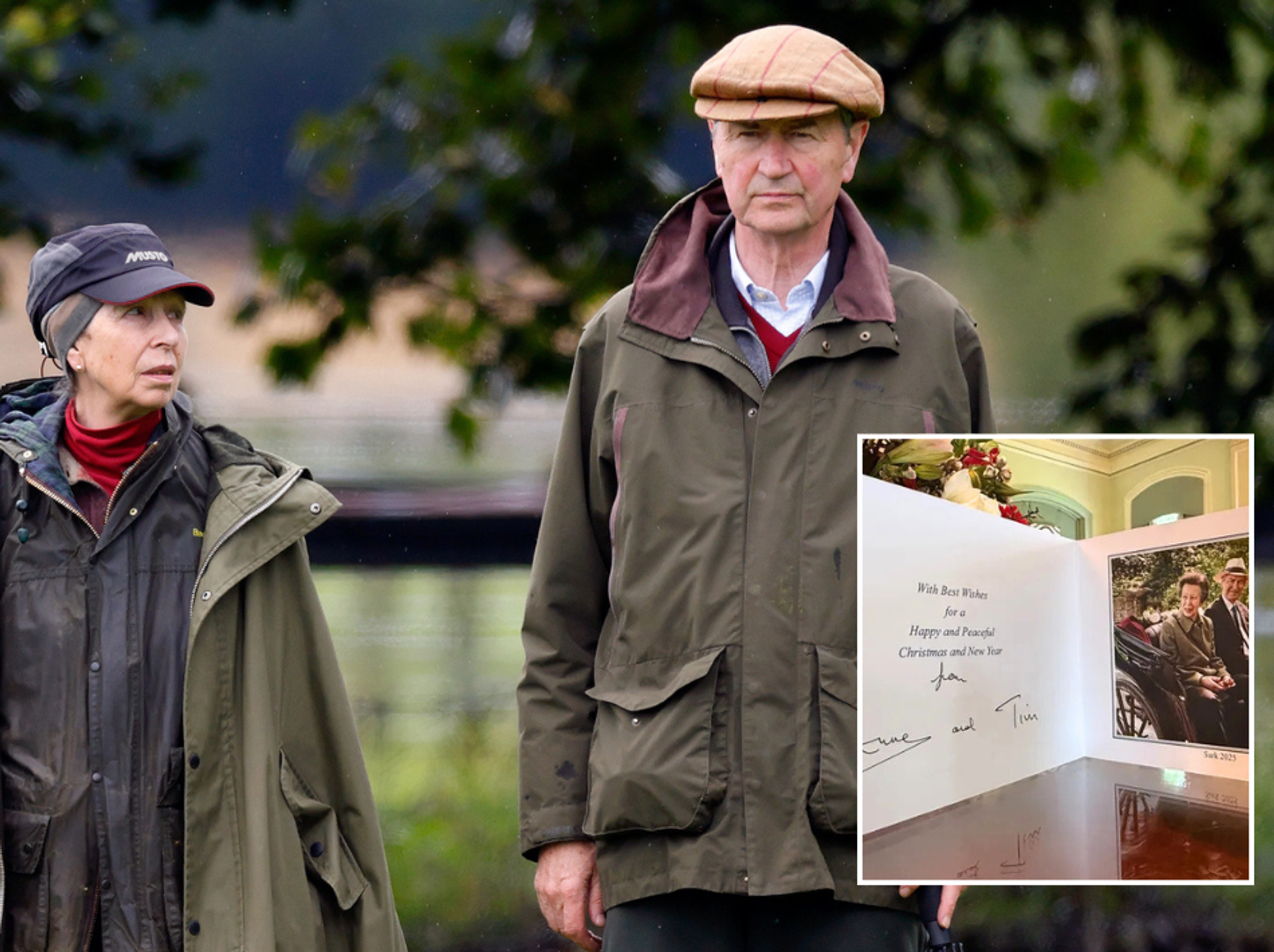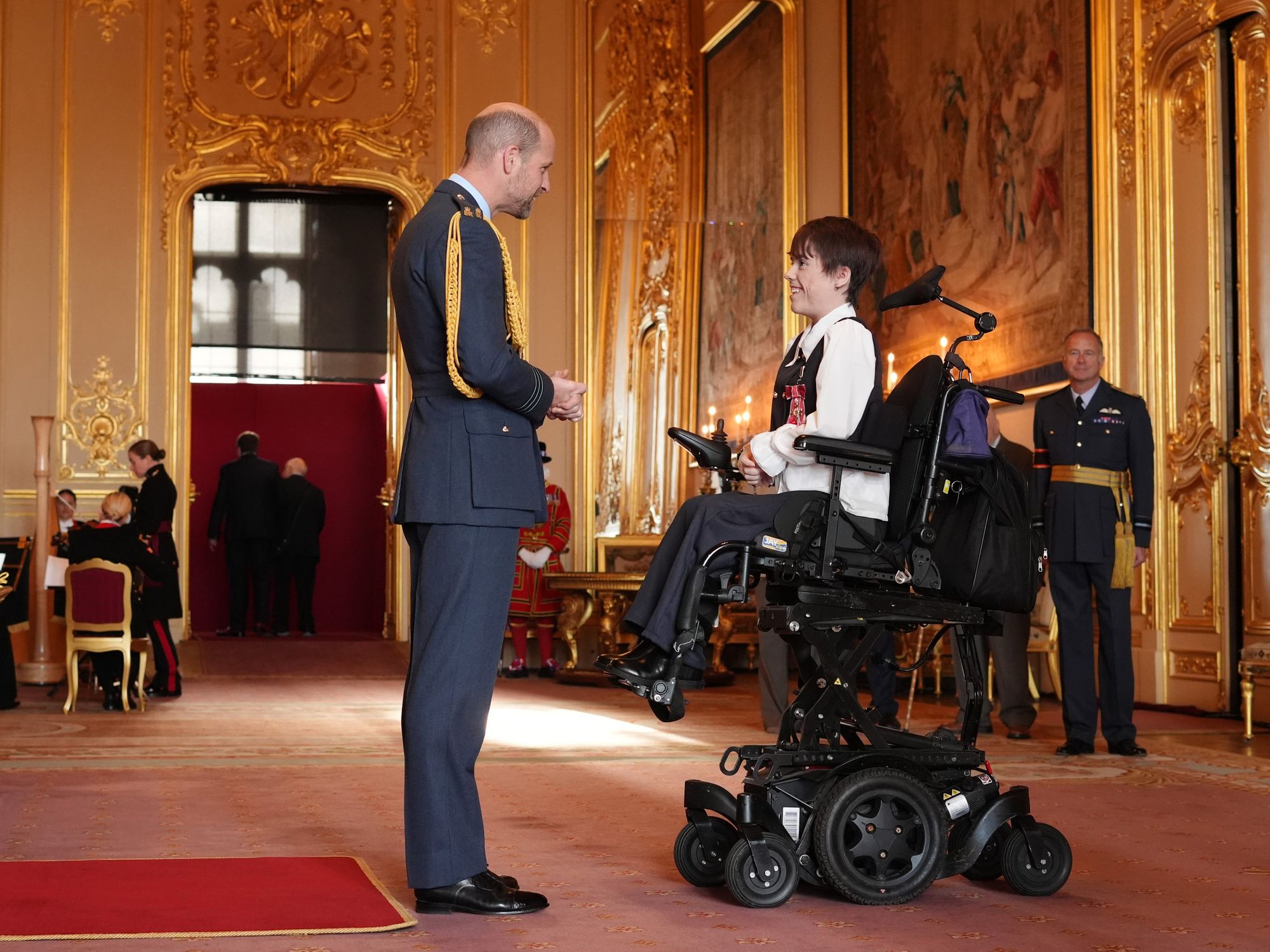Alex Philips: We need to talk about Afghanistan


By Alex Phillips
Published: 11/08/2021
- 16:23Updated: 11/08/2021
- 16:48Joe Biden has made clear he will not reverse the withdrawal of US troops.
Don't Miss
Most Read
Looking at black and white photos from 1950s Afghanistan - glamorous women circling garden parties clutching cocktails in silk gloved hands, young nurses with hair tumbling over their shoulders giggling over their stethoscopes, Americans waving from the steps of aeroplanes optimistic about a new life in a fascinating country - it’s hard to imagine the bloody, primitive scenes unfolding again today.
Yet anyone who knows the history of this geopolitically critical region with its infamously hostile terrain knows sepia dreams and a lick of paint barely cover the cracks in a land so deeply fissured.The arbitrary border drawn around Afghanistan a century ago by British colonists has a lot to answer for today.
A region riddled with impassable peaks, brutal perishing winters and 50 degree desert summers dictates its sparsely populated, balkanised demography. The frontiers that schism centuries old tribal realms now trap within them a simmering pressure cooker of ethnicities and languages, constellated and divided, vying for supremacy across easily seized mountain paths, with remote settlements vulnerable to being conquered by the many warring factions and bubbles of religious extremists that make up the politically volatile mosaic.
Afghanistan borders some of The West’s most problematic adversaries: Iran, China and Pakistan, all with a cynical and unique stake in the region. A continuous theatre of proxy battles, from Communism against Capitalism in the Cold War to the crusades of Westernisation against fundamentalism in recent times, Afghanistan is less a political football and more a geopolitical football pitch.
Having invaded the country two decades ago to inject stability into the wider region to secure oil supplies, US and UK troops have deserted the nascent democracy, leaving a skeleton of governance whose fragile bones are already petrifying in the searing heat. It was only a matter of time before Al Qaeda, Isis and the Taliban circled the carrion, swooping down from the peaks of the Hindu Kush to regroup, recalibrate and reinvade.
The resurgent Taliban have overpowered more territory in the last two months than when they were toppled 20 years ago. Cities in the north and southwest have been easily recaptured from a weak Government with limited authority from Kabul over the disparate tribes scattered across the brutal landscape.
Efforts that lasted 20 relentless years and cost 454 British lives have been nullified in mere moments since the plug of military presence was pulled last month. Was it all worth it - is the question on the lips of observers and bereaved families.
Today, the nature of the threat has evolved. As The West shirks oil and seeks to unshackle from a historic dependency on capricious caliphates, the resource rich region is being courted by mineral-hungry China, brokering strategic talks with the Taliban and creating a Venn diagram of onerous collaboration.
Re-entering the fray would potentially pit us against much larger forces with limitless resources and unclear intentions.Yet left unattended, the monster we left behind could come back to hunt us with reinvigorated vengeance. Arguments are split over whether boots on the ground would subdue the patina of extremism spreading across the surface and diminish direct domestic threats, or lead to a toxic backlash of reprisals, this time abetted by powerful foreign actors operating from the shadows.
One thing is clear. There is little political will or reward for reopening the Pandora’s box on either side of the Atlantic. Joe Biden has made clear he will not reverse the withdrawal of US troops, saying the breathtaking trillion dollars spent during and after the conflict and two thousand lost American lives is enough. It’s time for Afghanistan to stand on its own two feet, assisted by a remote and largely unmanned supportive air campaign.
But as drones pepper targets embedded within the savage mountain range traversing the Pakistani border, potential cooperation from our Commonwealth cousin is fast seeping away. Training troops and paying soldiers’ wages in a country where the average earnings are just $500 a year is proving not to be enough to reinforce a rapidly rotting resistance, as the multiple tentacles from extremist enclaves pick off a ring of instability at the country’s fringes to later squeeze and suffocate the middle.
As the UK deals with matters of conscience, offering refuge to thousands of Afghan interpreters who worked shoulder to shoulder with our troops, frightened for their families’ lives as the Taliban closes in, the larger moral question looms of whether we should have ever abandoned them in the first place.
The argument against whether Blair and Bush should have lit the blue touch paper of conflict in this notoriously unstable state has long gone. We did - and the smoldering embers are now being ignited into a blazing inferno by Islamic insurgents. The debate is rapidly moving on, to whether or not we are duty bound to return.
Today, we really need to talk about Afghanistan.










